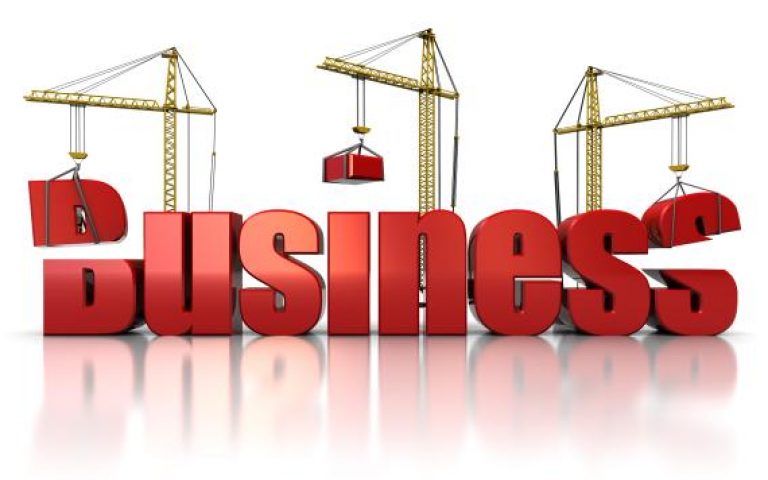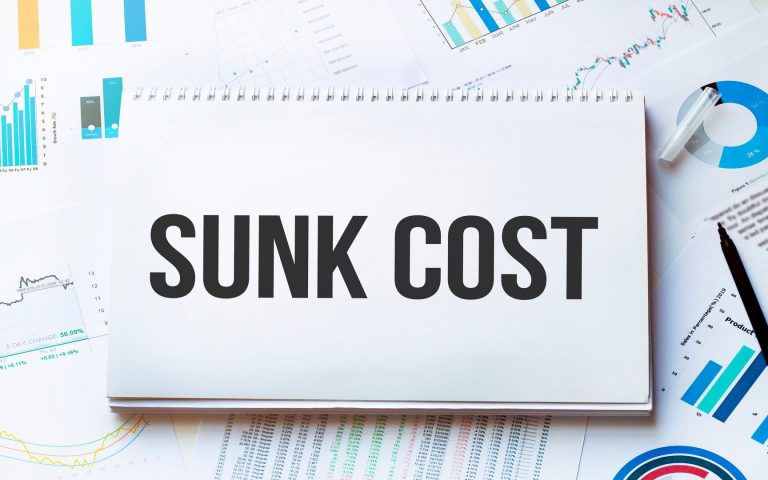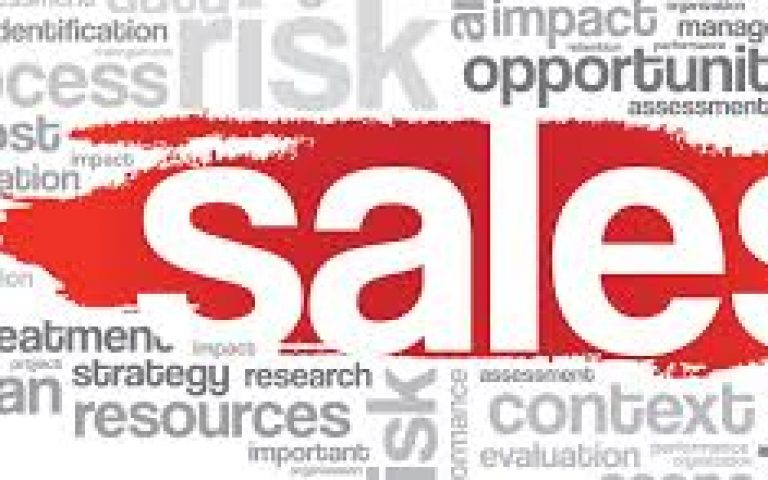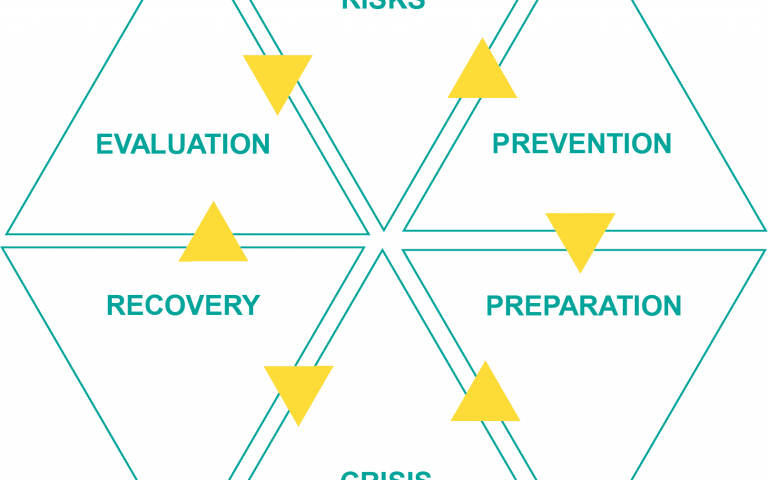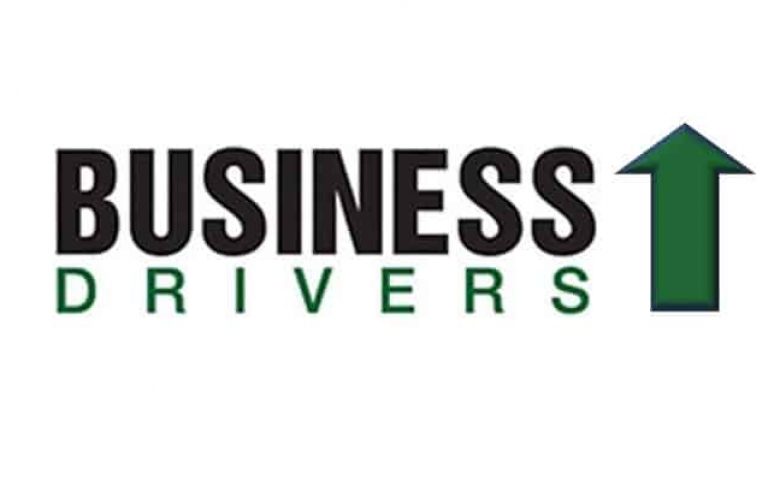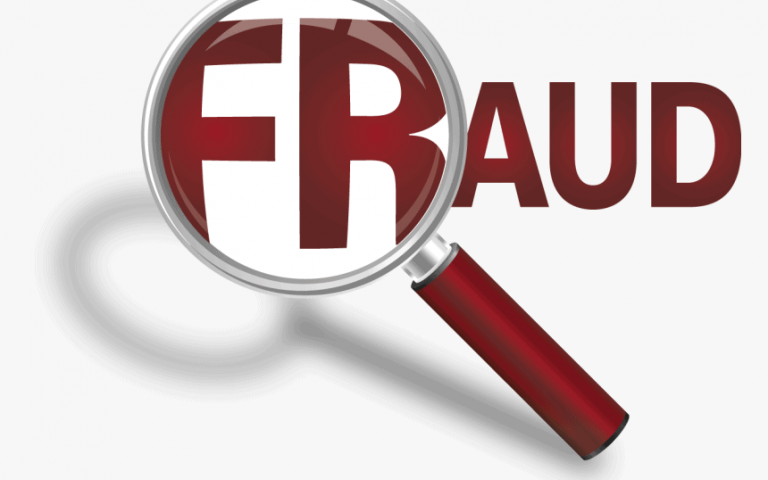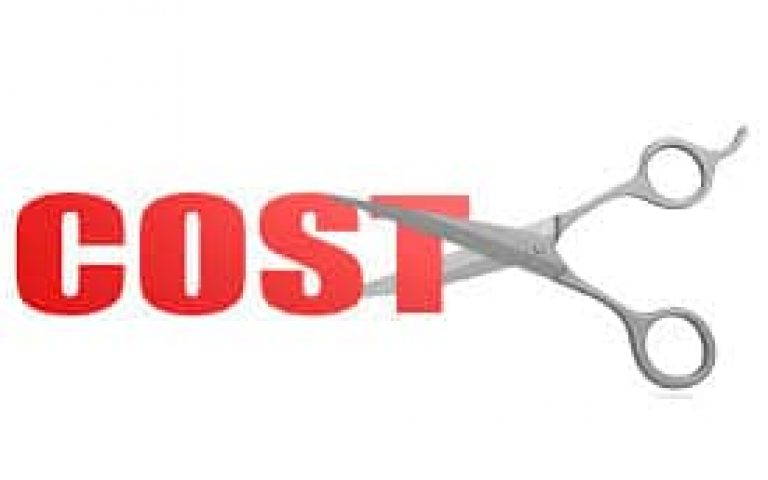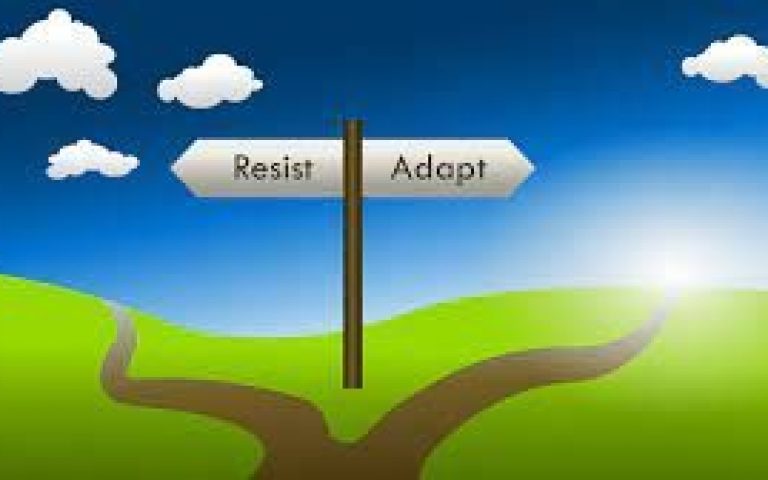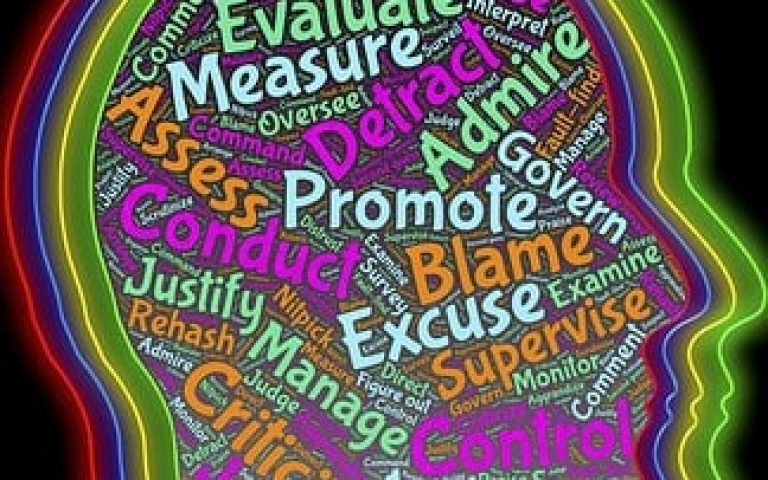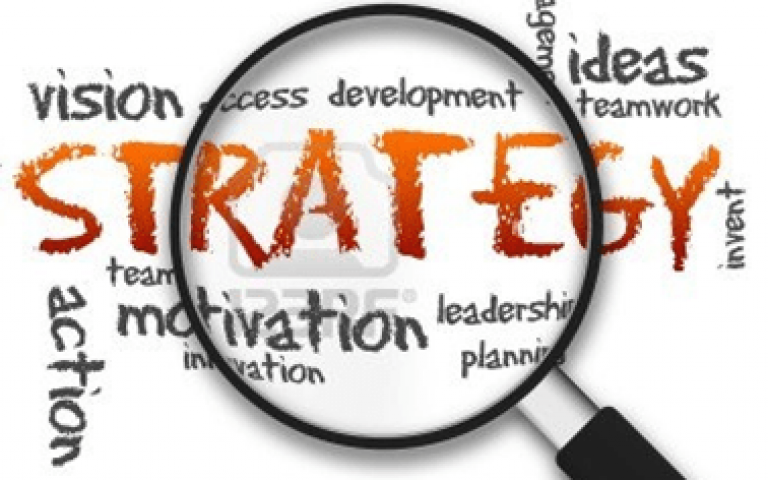A company’s value extends far beyond its physical assets like buildings, equipment, and inventory. Increasingly, businesses derive their competitive advantage and long-term success from their intangible capitals. These non-physical assets, often referred to as intellectual capital, include the collective skills, knowledge, relationships, and internal systems that enable companies to innovate, grow, and thrive in a fast-changing marketplace.
While intangible capitals may not show up on a company’s balance sheet in the same way as tangible assets, they can be far more valuable. In fact, intangible capitals are often the driving force behind a company’s ability to differentiate itself, scale operations, and create lasting customer loyalty. These capitals fall into four main categories: human capital, structural capital, relational capital, and social capital. Understanding and investing in these intangible resources is crucial for long-term business success.
Human Capital
Human capital refers to the collective talents, knowledge, skills, and experiences of a company’s workforce. Employees are the backbone of any organization, and their expertise directly influences a company’s ability to innovate, solve problems, and remain competitive. This capital is not just about individual capabilities but also about how effectively a company fosters an environment where employees can develop, collaborate, and contribute to overall business goals.
Investing in human capital means providing ongoing training, professional development opportunities, and creating a culture where employees feel valued and motivated. Companies that emphasize human capital tend to attract top talent and retain their workforce, which is crucial for sustaining productivity and innovation. Moreover, as businesses grow increasingly complex, having skilled employees who can adapt to change and contribute new ideas becomes an invaluable asset.
Structural Capital
Structural capital encompasses the systems, processes, intellectual property, and technological frameworks that enable a company to operate efficiently and scale effectively. This includes everything from a company’s organizational procedures to its proprietary technologies, patents, trademarks, and business strategies. Essentially, structural capital is the infrastructure that supports business operations and innovation.
A company with strong structural capital has streamlined processes that reduce inefficiencies and promote consistency, even as it grows. Well-documented workflows, robust data systems, and protected intellectual property give a business a competitive edge by reducing operational risks and fostering innovation. For example, a company that owns patented technologies or processes has an exclusive advantage over competitors and can leverage those assets to drive profitability.
Relational Capital
Relational capital refers to the value a company derives from its external relationships with customers, suppliers, partners, and other stakeholders. Strong relationships and networks are crucial in building trust, reputation, and brand loyalty. This capital can be measured by the strength of a company’s customer base, the depth of its partnerships, and its overall reputation in the marketplace.
Businesses that excel in relational capital prioritize customer satisfaction, invest in building long-term partnerships, and actively engage with their community. These efforts create a virtuous cycle where strong relationships lead to repeat business, referrals, and a positive brand image. In many industries, having robust relational capital can be a significant differentiator, helping businesses secure contracts, enter new markets, or weather economic challenges with the support of loyal customers and partners.
Social Capital
Social capital encompasses the internal culture, trust, collaboration, and communication within a company. It is the glue that holds teams together and drives organizational success by fostering an environment where employees can work together effectively. Social capital is built through shared values, trust, and open communication across all levels of an organization.
Companies with strong social capital have a distinct advantage because they are able to maintain high levels of employee engagement, motivation, and productivity. When employees trust their leaders, communicate openly, and feel aligned with the company’s mission, they are more likely to contribute positively to the organization’s goals. Social capital also extends beyond the company’s walls, including its reputation and connections within the broader community and industry. This can lead to valuable collaborations, industry recognition, and a more positive corporate image.
The Strategic Importance of Intangible Capitals
While intangible capitals are not always easily quantified, they are critical to a company’s success and long-term value creation. In fact, many companies that dominate their industries, especially in technology, consulting, and other knowledge-based sectors, owe much of their success to the strength of their intangible assets. Unlike physical assets, which depreciate over time, intangible capitals can appreciate as they are cultivated and enhanced.
For business leaders, recognizing and investing in these non-physical assets is essential for sustaining competitive advantages. Companies that develop their human, structural, relational, and social capitals are better equipped to innovate, grow, and adapt to an ever-changing business environment. By nurturing these intangible capitals, businesses can create lasting value that positions them for success in both the short and long term.
In conclusion, intangible capitals form the foundation of a company’s resilience, adaptability, and sustained growth. By leveraging and investing in these assets, businesses can differentiate themselves in the market, build strong relationships, and foster an internal culture that drives continuous improvement and innovation.
***
TITAN Business Development Group, LLC
business coaching | advisory | exit planning









